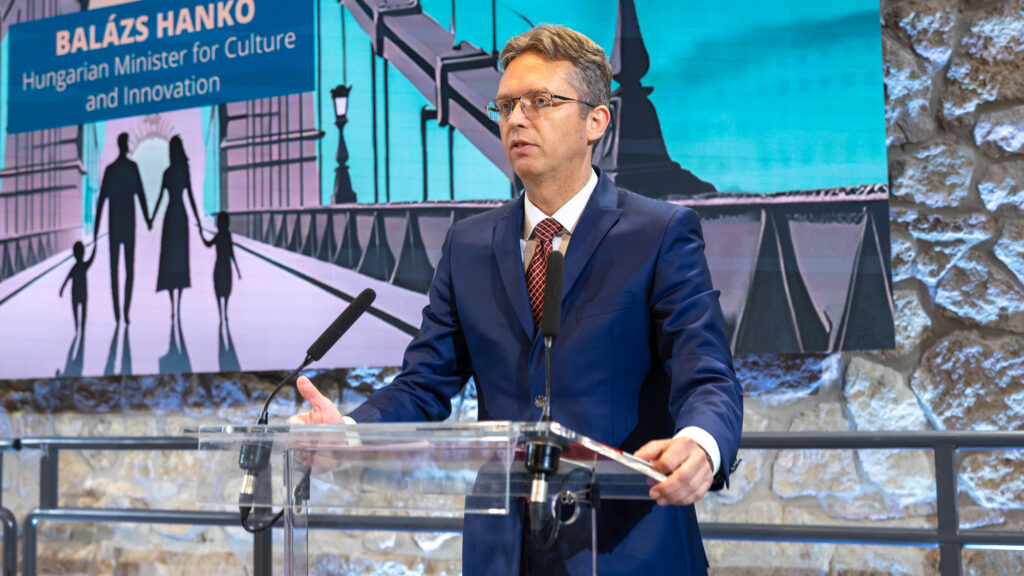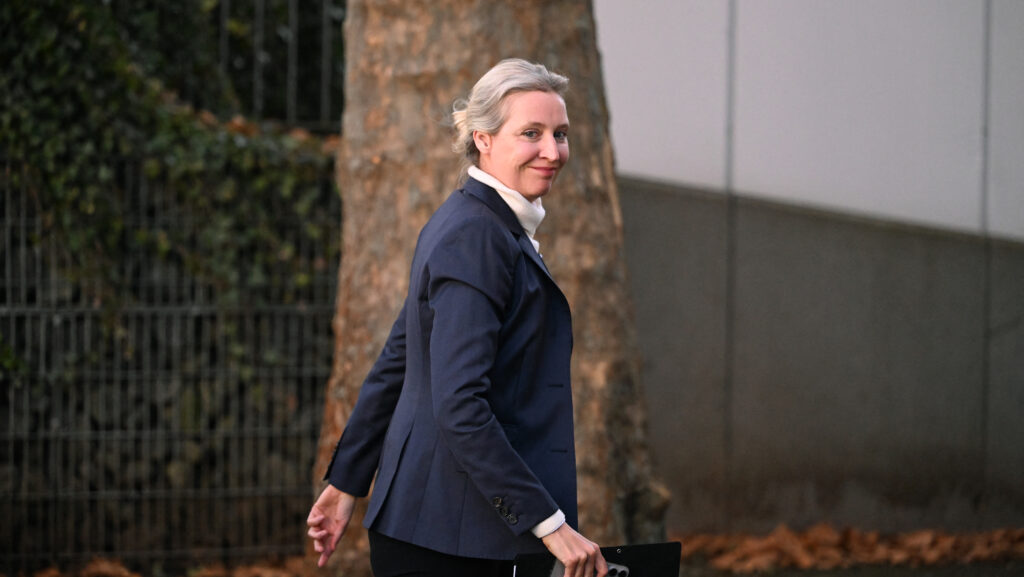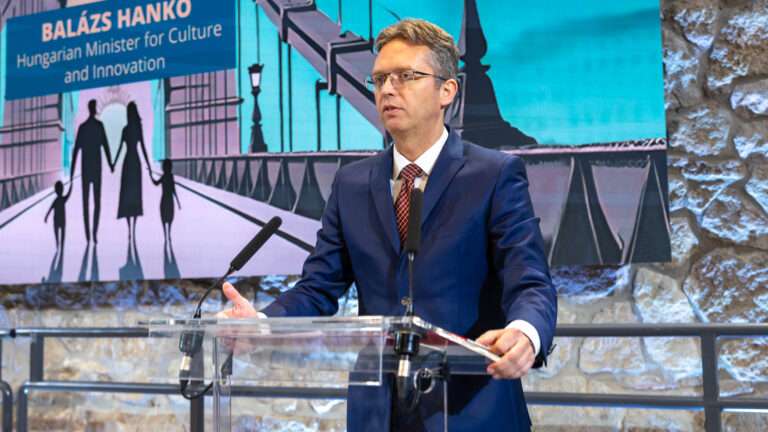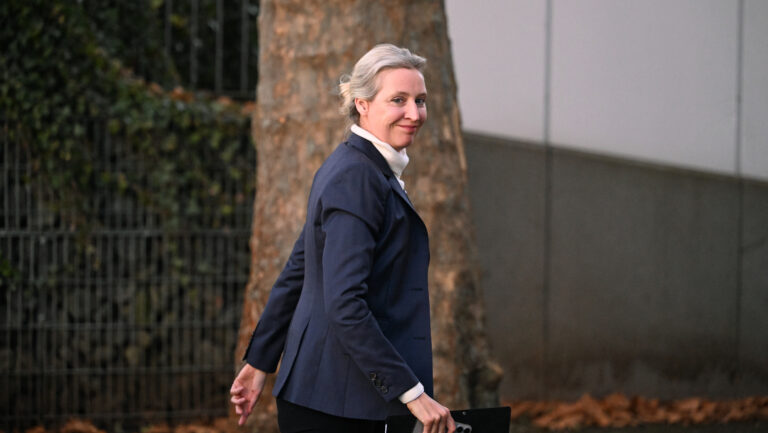On 21 August, according to a report by Ukrainian President Volodymyr Zelenskyy, Russia struck an American-owned enterprise in Transcarpathia with cruise missiles. The attack, which reportedly injured 23 people, marks the first time in the three-year-long war that Transcarpathia—a region of Ukraine largely inhabited by ethnic Hungarians—has been targeted by Moscow.
Hungarian Prime Minister Viktor Orbán reacted to the strike in a Facebook post following Thursday’s cabinet meeting. Stating that the government had reviewed the consequences of the Russian missile strike on Mukachevo (Munkács), Orbán said he had instructed the Minister of Interior to prepare hospitals in Debrecen and Nyíregyháza—Hungarian cities near the Ukrainian border—to receive the injured. He noted that Hungarian Minister of Foreign Affairs and Trade Péter Szijjártó had consulted representatives of the Hungarian community in Transcarpathia, to whom the Hungarian government also offered assistance. Concluding his post, Orbán stressed that the current developments further reinforced his conviction that only peace can protect the Hungarian community in Transcarpathia. ‘Efforts toward peace and the negotiation process launched by President Trump must be continued,’ he wrote.
In a Facebook post on Thursday, Péter Szijjártó echoed the same sentiment, stating that the Russian strike on Mukachevo ‘once again proved that peace is needed as soon as possible.’ ‘Everyone must do everything in their power to achieve a peace agreement that will end the war as quickly as possible! Only this can prevent further bloodshed and destruction,’ Szijjártó emphasized.
‘Efforts toward peace and the negotiation process launched by President Trump must be continued’
On 22 August, Zelenskyy accused Russia of ‘trying to get away from’ the recently discussed potential bilateral (Ukraine–Russia) or trilateral (Ukraine–Russia–US) meeting by continuing ‘massive attacks against Ukraine and very tough assaults on the front’. He emphasized that these formats, however, are the only ones capable of bringing real progress toward ending the war.
Ukrainian Foreign Minister Andrii Sybiha also highlighted the importance of bilateral Ukraine–Russia and trilateral Ukraine–US–Russia meetings for diplomacy, alongside securing reliable security guarantees from the US and European partners. He said the attacks underline the urgency of strengthening Ukraine’s air defence with additional systems and interceptors.
Russia’s Defence Ministry asserted that the overnight strikes—including the hit on Mukachevo—targeted military and energy infrastructure, not civilians or civilian installations. Regarding the potential meeting, Foreign Minister Sergei Lavrov recently stated that Putin would only agree to a meeting with Zelenskyy if a detailed agenda was established in advance.
Related articles:







